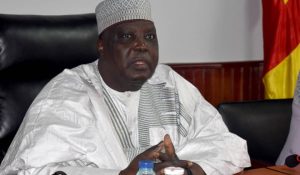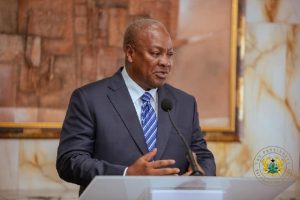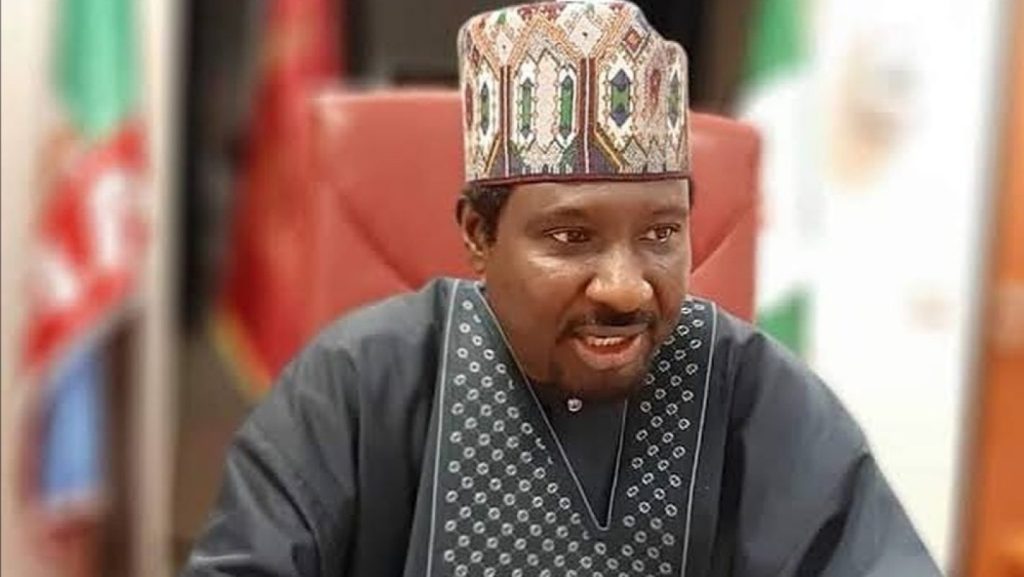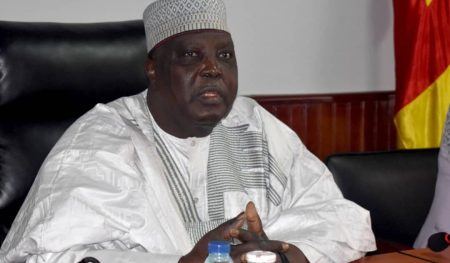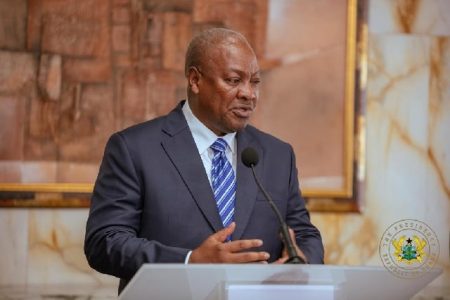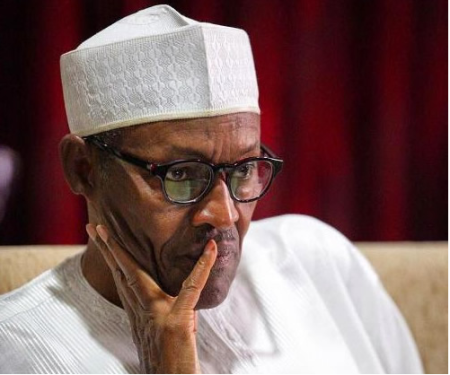Senator Barau Jibrin, the Deputy President of the Senate, has expressed profound grief and sorrow over the passing of former President Muhammadu Buhari, a leader whose life and legacy are deeply intertwined with the trajectory of Nigeria. Buhari, who served both as a military head of state and a democratically elected president, dedicated his life to the service of his nation, leaving behind a complex and impactful legacy. Barau’s heartfelt condolences reflect the sentiment of a nation grappling with the loss of a figure who, for better or worse, shaped the course of Nigeria’s history for over four decades. The Senator’s statement highlights Buhari’s unwavering commitment to national unity, security, and development, principles that guided his actions throughout his time in power.
Buhari’s journey through the corridors of power began in 1983 when he assumed the role of military head of state following a coup d’état. This period, though marked by strict military rule, laid the groundwork for some of the policies that would later define his presidency. After his tenure as military leader, Buhari re-emerged on the political scene, eventually ascending to the presidency in 2015 through a democratic election. This transition from military ruler to democratically elected leader underscores a significant shift in his approach and a testament to his enduring influence on the Nigerian political landscape. His eventual democratic election marked a new chapter in his political life and offered him the opportunity to implement his vision for Nigeria through constitutional means.
Senator Barau’s tribute emphasizes Buhari’s unwavering commitment to national unity, a principle that guided his actions throughout his time in power, both as a military leader and a civilian president. In a nation characterized by its diverse ethnic and religious composition, Buhari consistently prioritized the importance of a unified Nigeria. His emphasis on national unity stemmed from a deep-seated belief that a cohesive nation was essential for progress and development. This commitment to unity often informed his policies and decisions, even in the face of complex and challenging circumstances. His legacy in this regard is complex and subject to varying interpretations.
Furthermore, Senator Barau’s statement acknowledges Buhari’s dedication to national security, a particularly pertinent issue during his presidency. Faced with the growing threat of Boko Haram insurgency and other security challenges, Buhari made national security a central focus of his administration. He implemented various measures aimed at combating terrorism and ensuring the safety of Nigerian citizens. The effectiveness of these measures is a subject of ongoing debate, with some arguing that his approach yielded positive results, while others point to the continued security challenges as evidence of shortcomings in his strategy.
Beyond security concerns, Buhari’s presidency also focused on the economic development of Nigeria. Recognizing the need for diversification and sustainable growth, he implemented policies aimed at bolstering the nation’s economy. These initiatives sought to address issues such as unemployment, poverty, and infrastructure deficits. While some of these efforts yielded positive outcomes, the overall success of his economic agenda remains a subject of ongoing evaluation and is often viewed in the context of global economic trends and the specific challenges facing Nigeria.
In remembering Buhari, it is important to acknowledge the multifaceted nature of his legacy. His time in power witnessed both periods of progress and significant challenges. His supporters point to his efforts in combating corruption, improving infrastructure, and promoting national unity as evidence of his positive contributions. Conversely, critics raise concerns about his human rights record, his handling of certain security issues, and the overall impact of his economic policies. A comprehensive understanding of Buhari’s legacy requires a nuanced perspective that acknowledges both the positive and negative aspects of his presidency. History will ultimately judge the full impact of his leadership on the trajectory of Nigeria. As the nation mourns his passing, it is essential to engage in thoughtful reflection on his complex legacy, learning from both his successes and his shortcomings.



